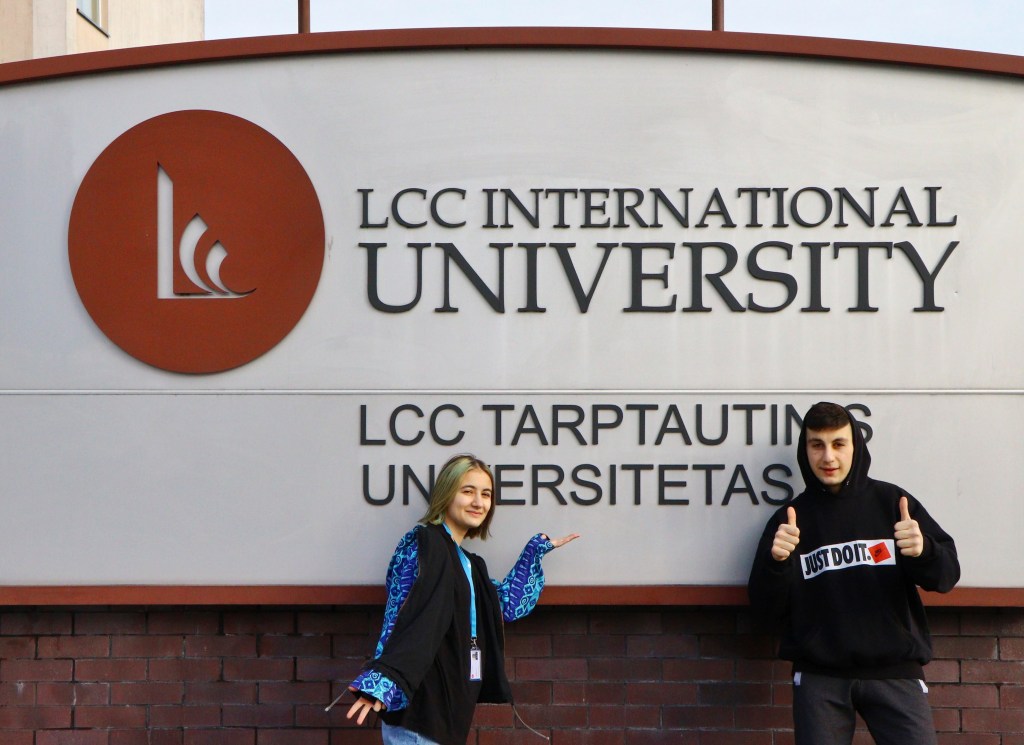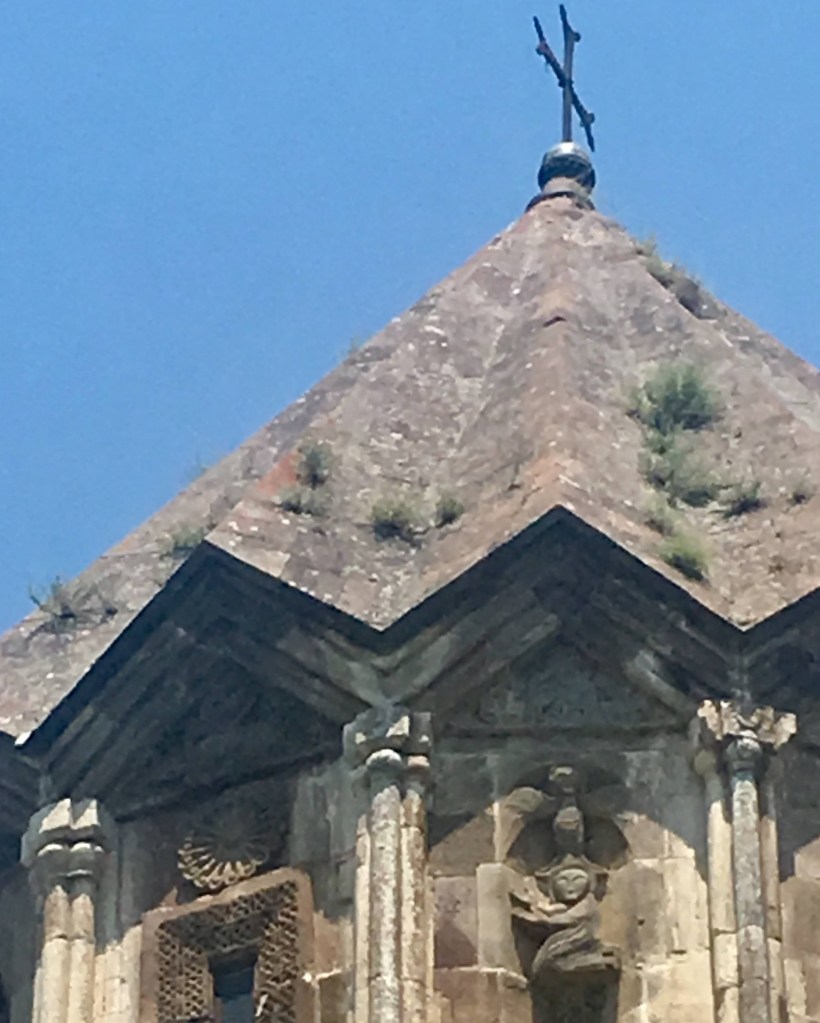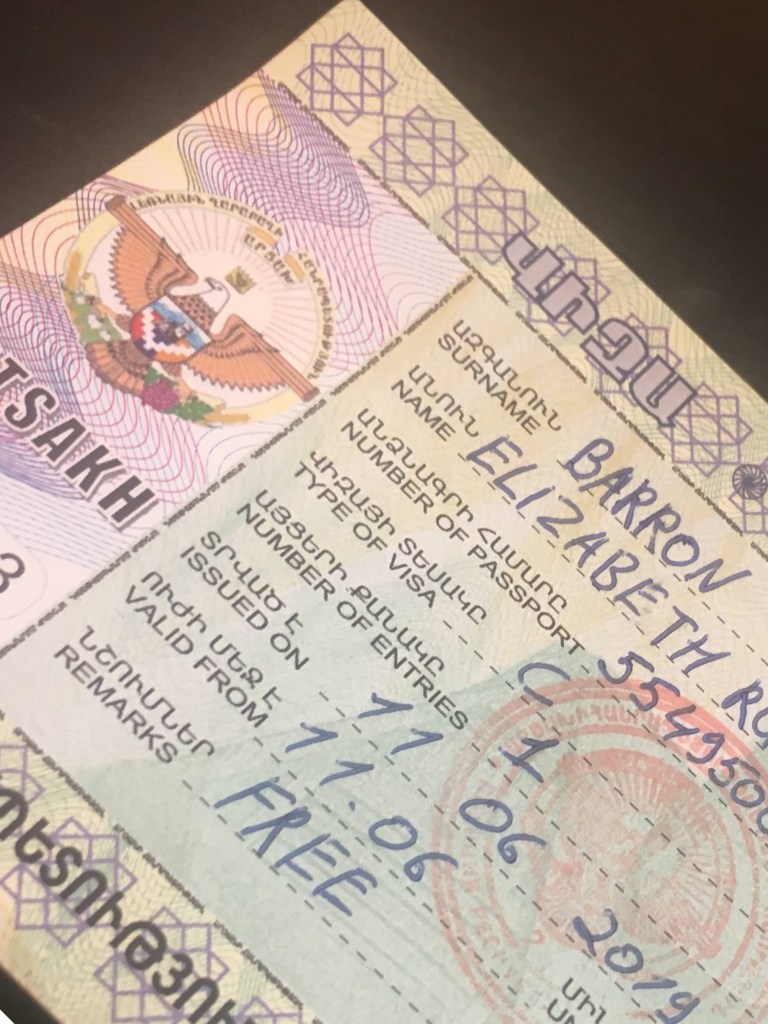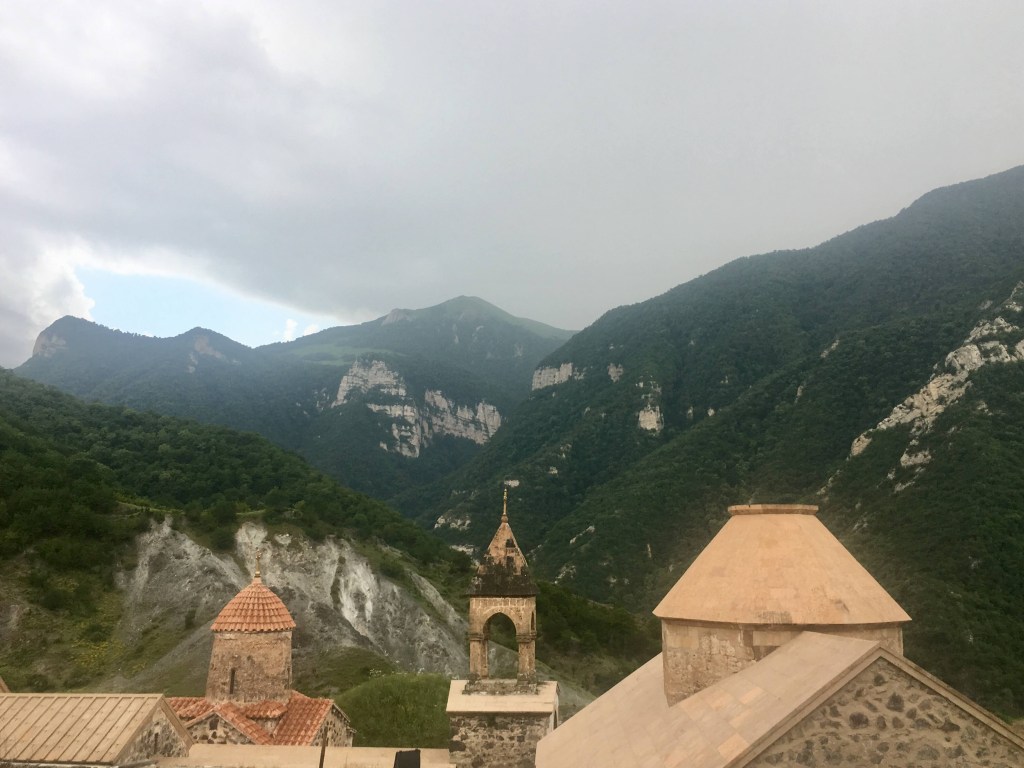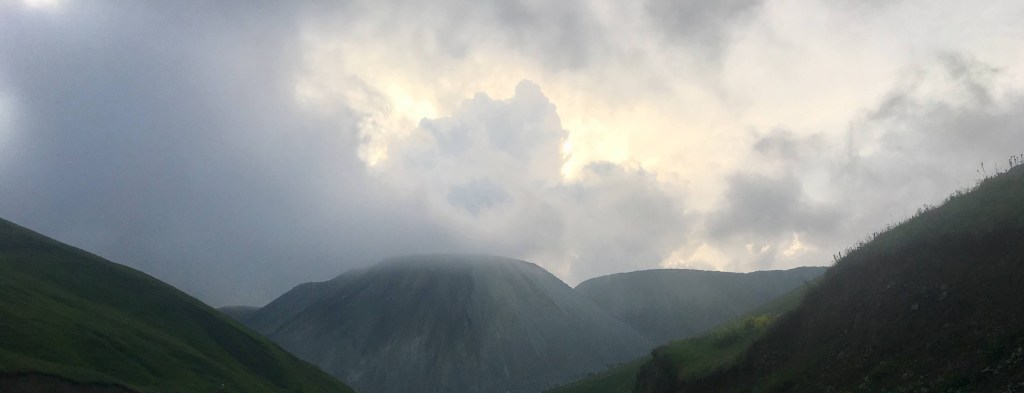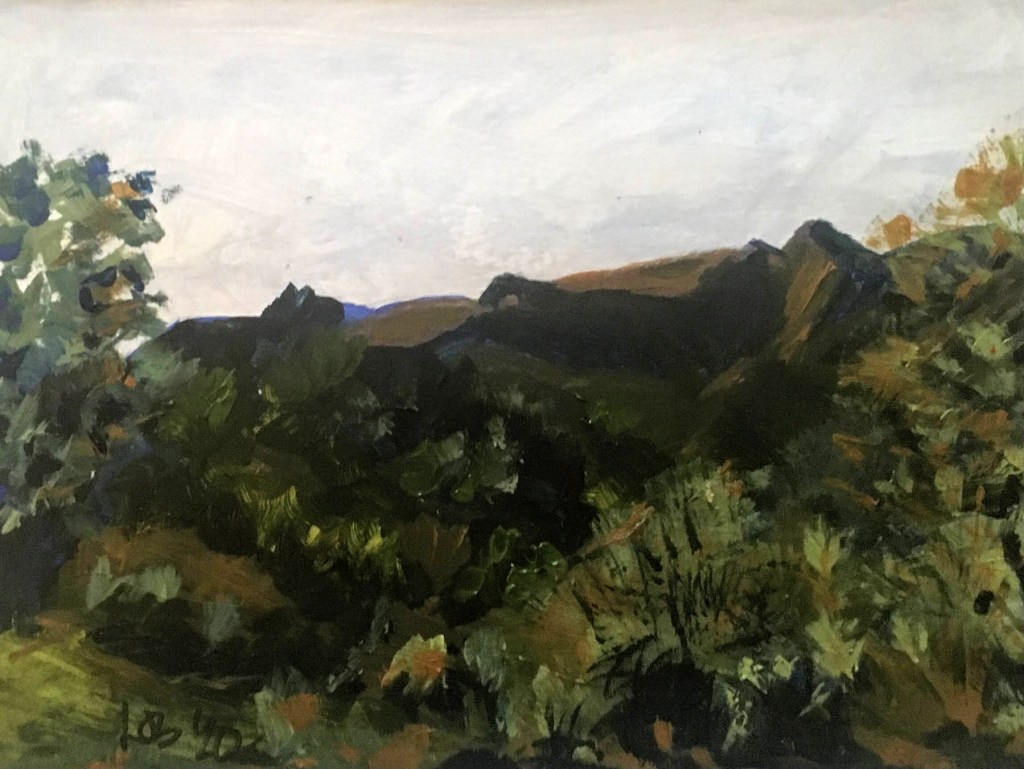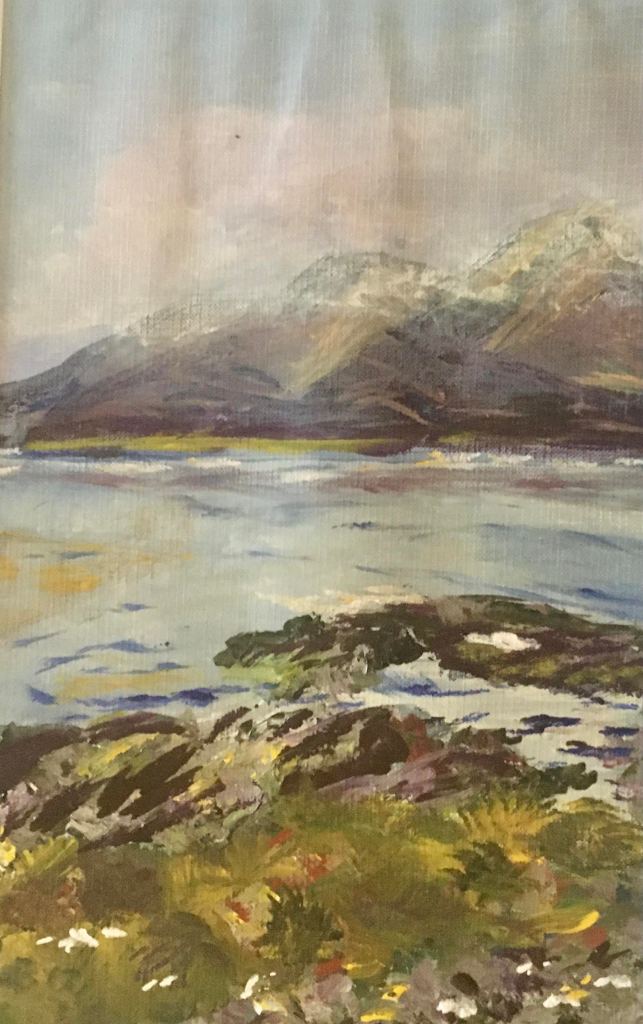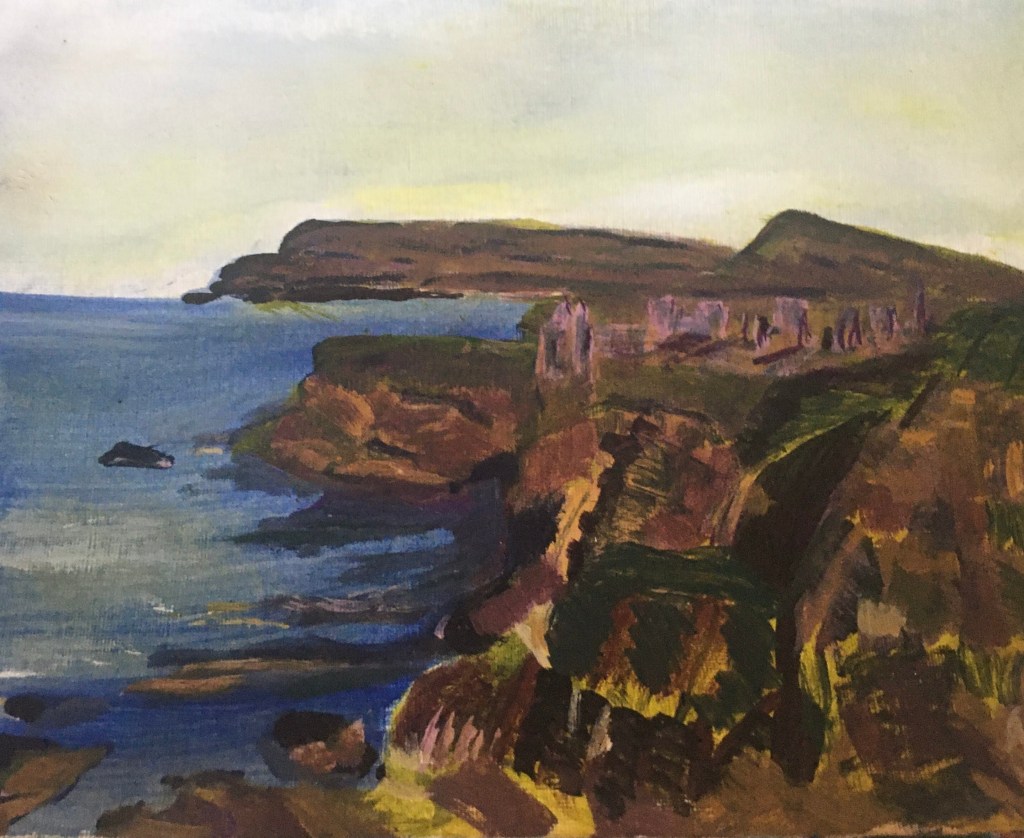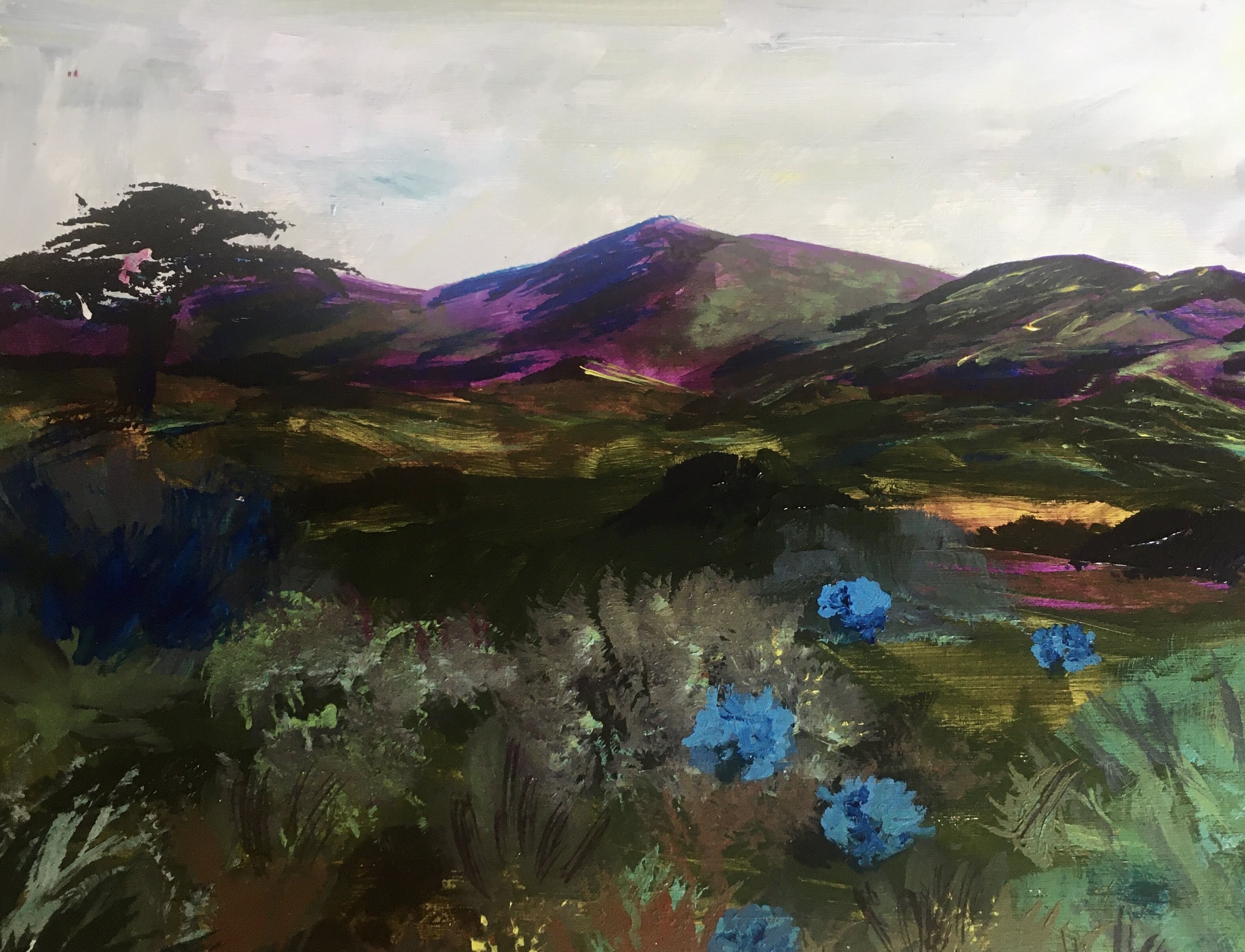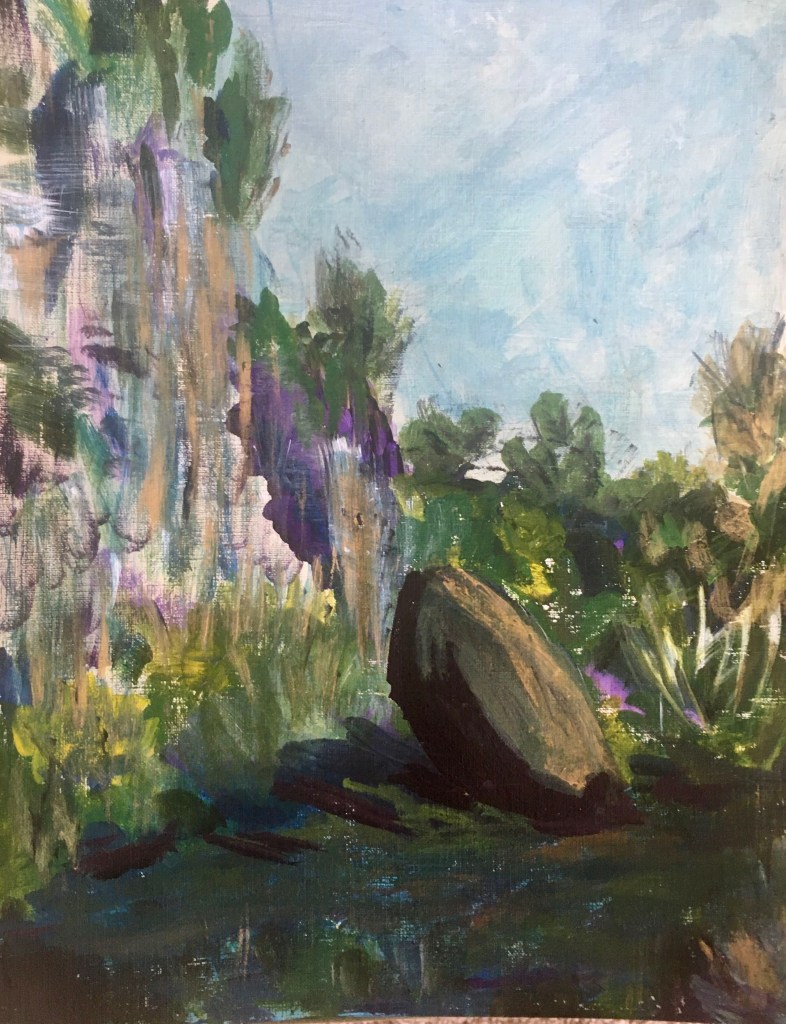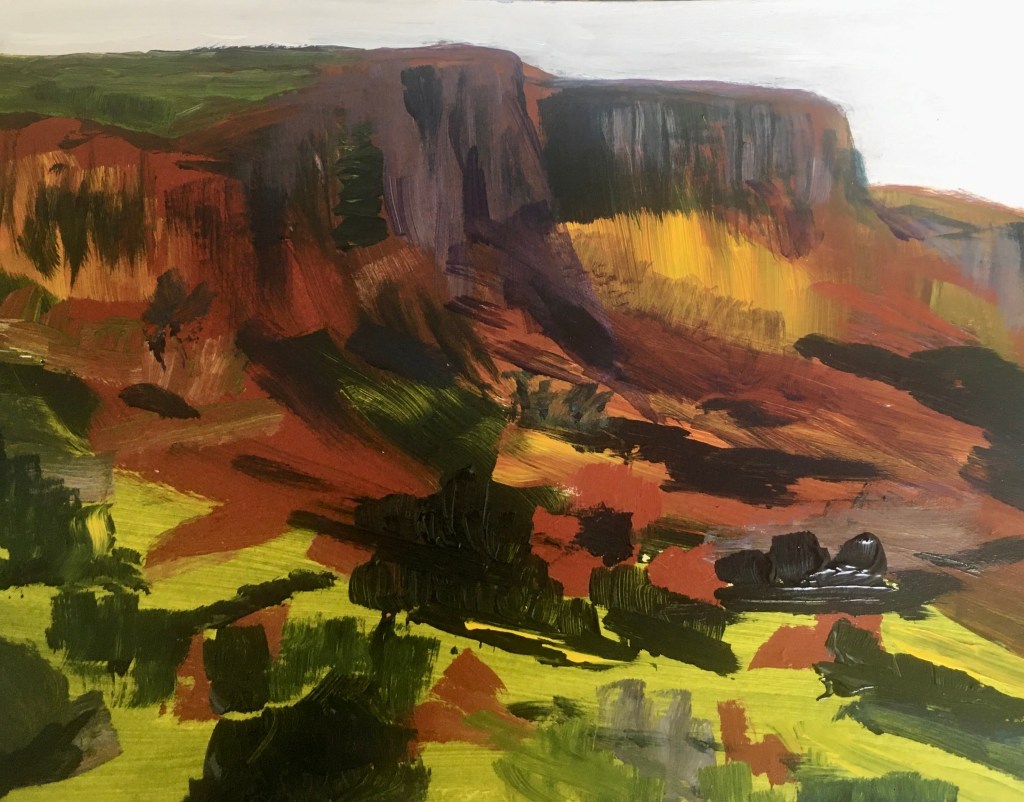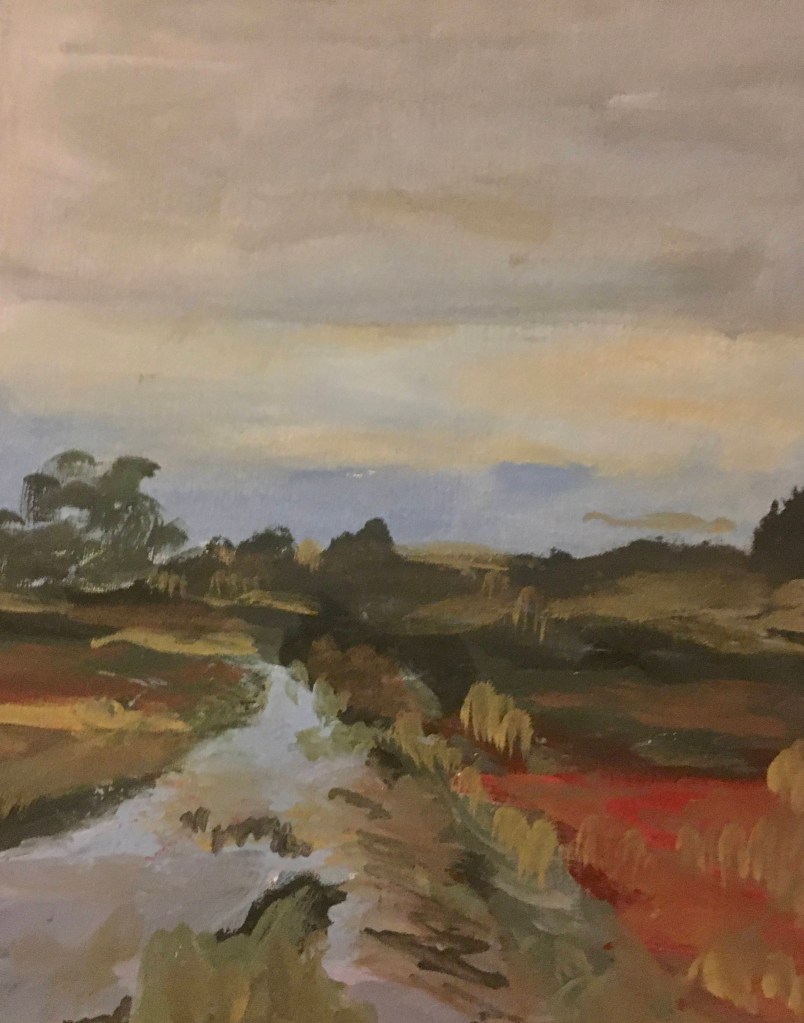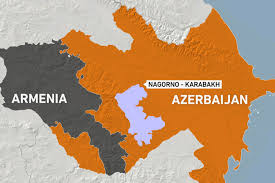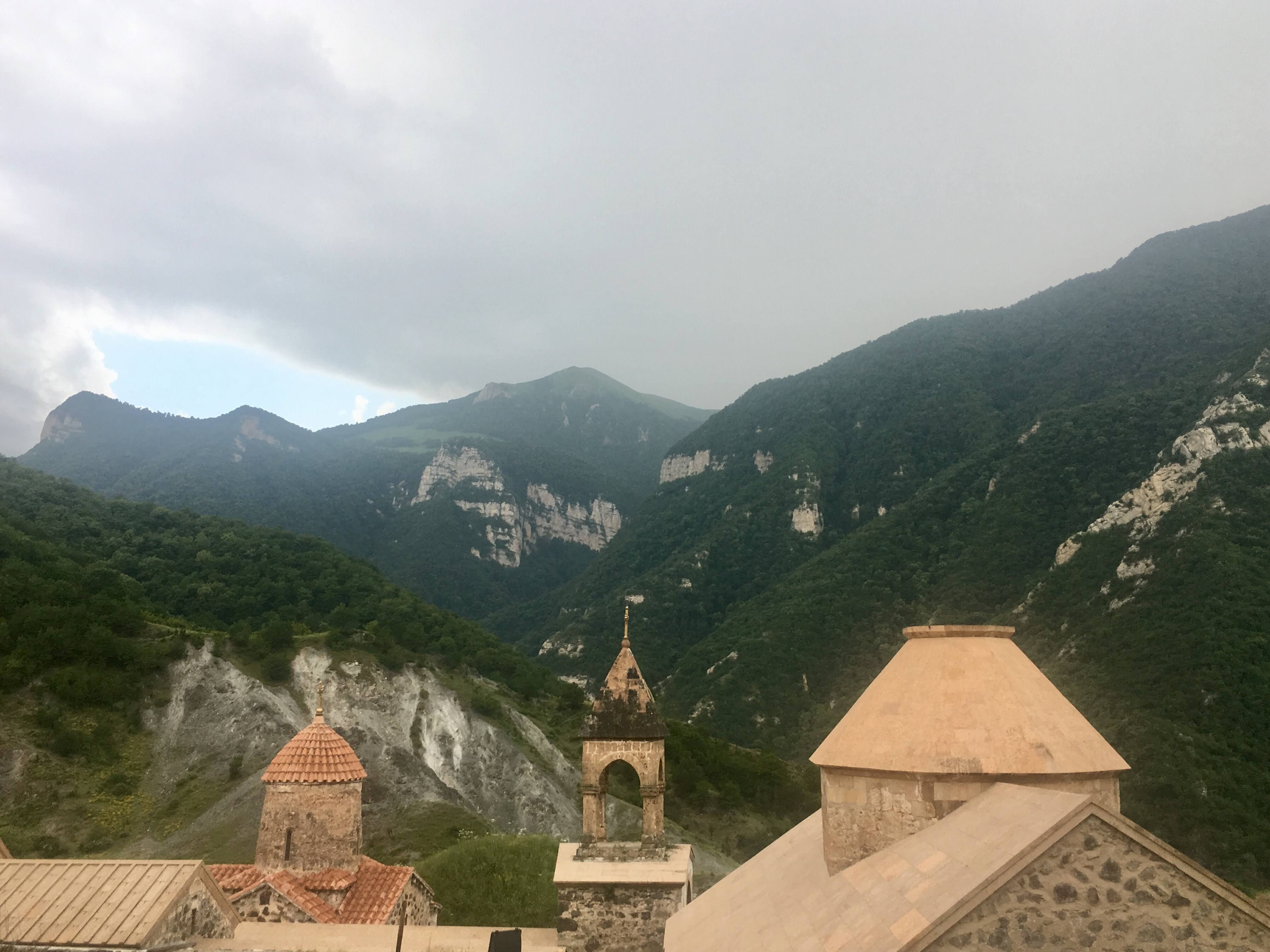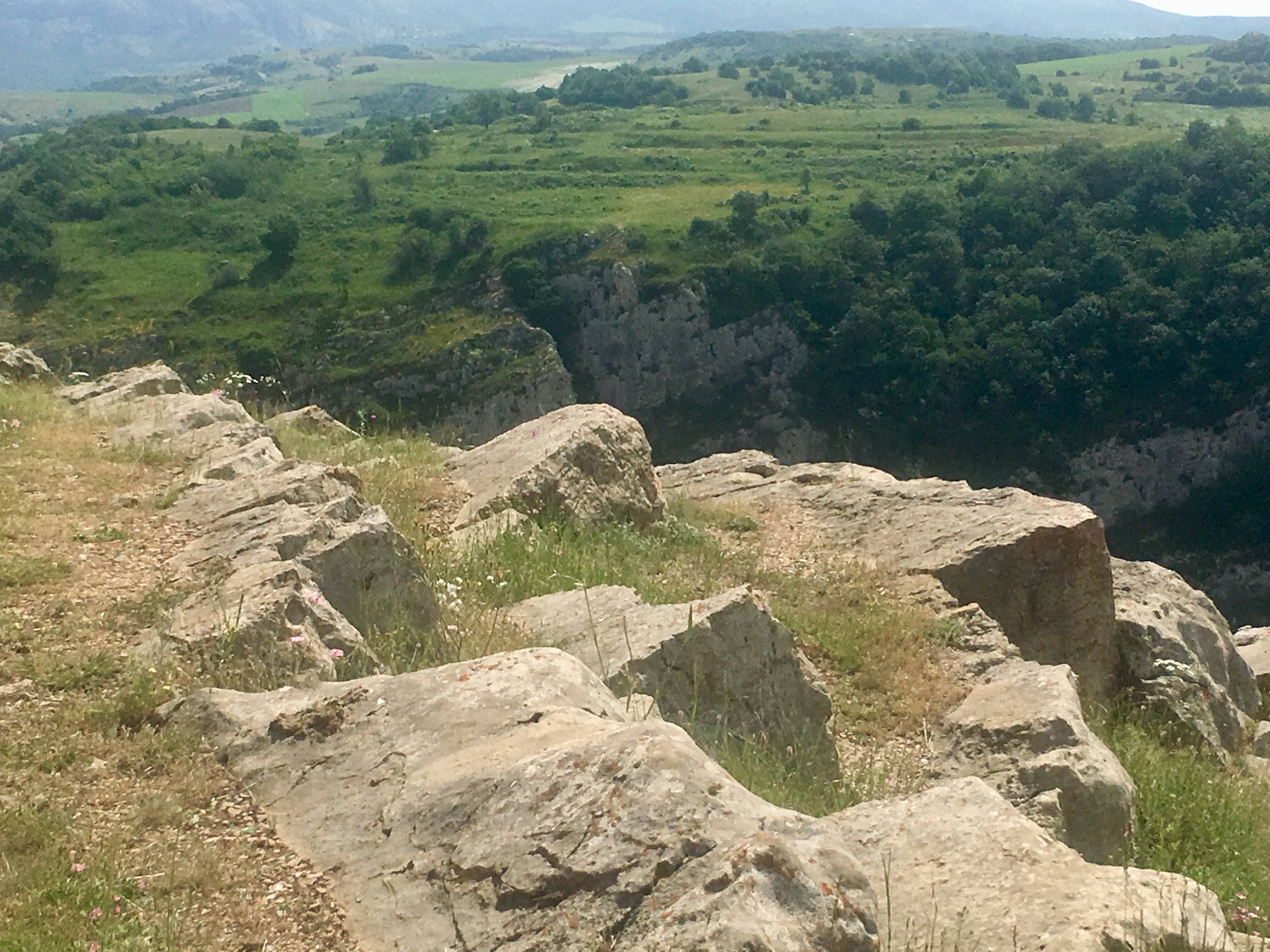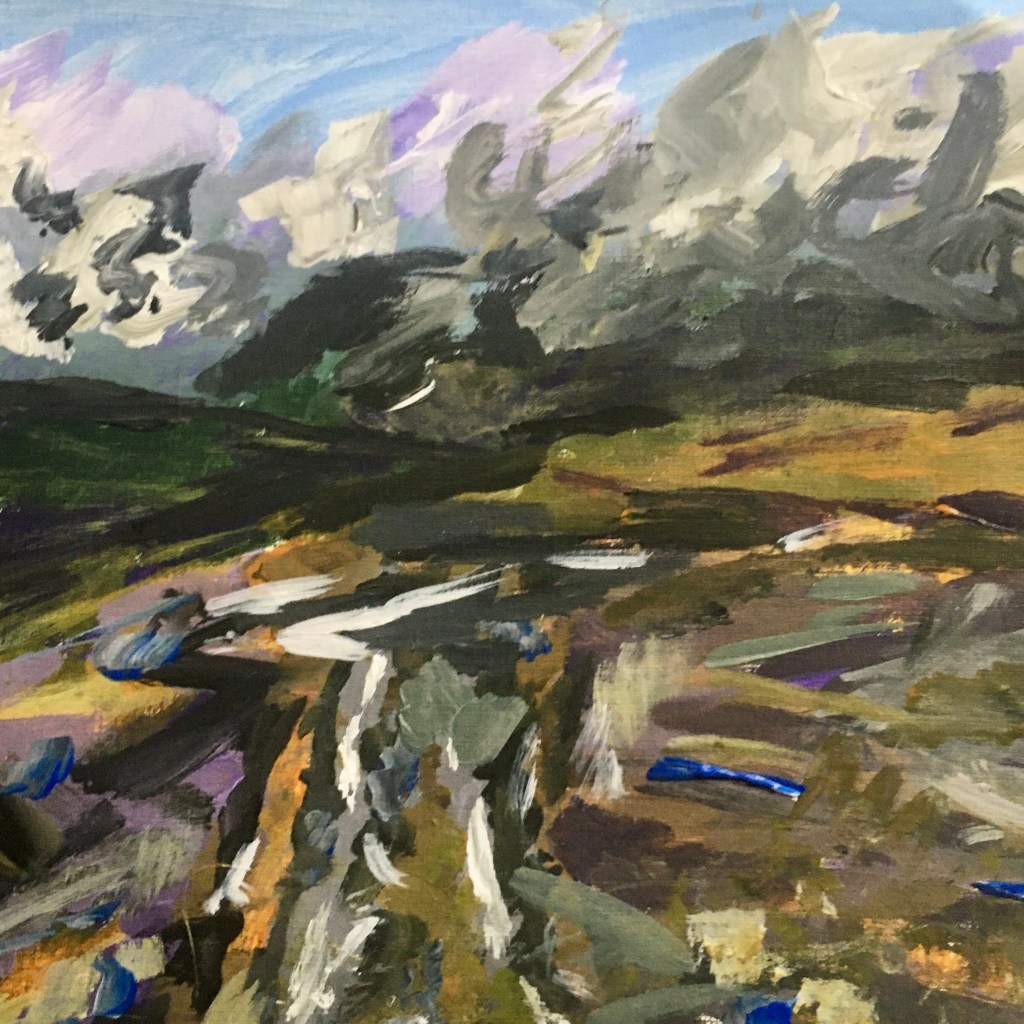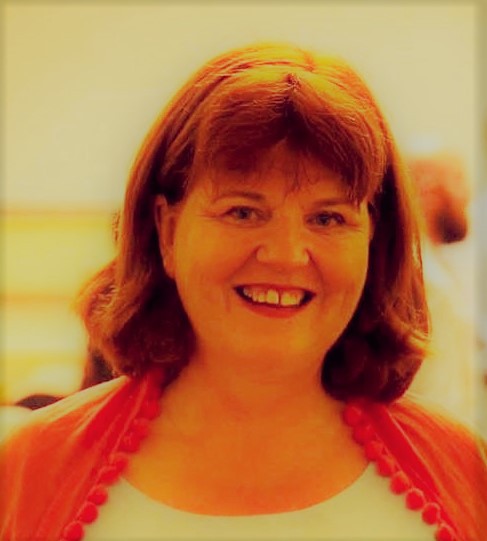Today in Nagorno-Karabakh, there is a terrible battle for Shushi. The city high on a mountain is of great strategic importance in the war between Armenians and Azerbaijan/Turkey. In 2019, I was fortunate to visit Shushi and learn a little about the long history of the enclave Armenians call Artsakh. The city was peaceful then, not shelled and nearly empty as it is today. Please read below and learn a little more about this beautiful place and provide any humanitarian aid you can.https://www.himnadram.org/en
Peace Corps’ rule remained in force until my last day of service: no volunteers were to cross the border into Artsakh. Ethnic Armenians living there had formed a breakaway state in 1991 in a stand-off with Azerbaijan. They, and the people of Armenia, saw the self-styled independent republic as an interim step, satisfactory until Baku relinquished its claim to the disputed territory. The dream was then for Artsakh to become a fully-fledged region of Armenia—a status it had held in pre-Christian times. Not even Armenia officially recognized the independence of Artsakh—because it already considered the land to be its own. I was very interested in all of this because of the parallels to disputes between Britain and Ireland over Northern Ireland where all the players were johnny-come-lately beginners compared to the warring factions in the Caucasus.
Artsakh was only forty minutes from Goris. I signed off my Peace Corps service in May 2019 and immediately planned a trip to the forbidden land.
‘Bring your passport, Liz jan. We will need to get paperwork at the border,’ said Ara.
I looked around as we waited for the border guard to handwrite our visas. Already the size of the landscape was vast and quite different from the misty, barren part of Syunik marz I lived in. All around were dark, forested mountains, fertile corn fields, and a big, bright blue sky.
Just metres from the road, a cow was cleaning her minutes-old calf, licking it all over. We moved a little closer to take a look.
‘Hundreds of people died right here in the 1990s’ said Ara, breaking the spell.
From a nearby field, the sound of two men calling to each other as they worked to secure a hay load on the back of their truck.
‘Hee.’
‘Hoo.’
‘There was shelling here and rockets. In the Nineties– and not all that long ago too. More people died here in the Four Day War in April 2016,’ Ara told me.
I knew this flare-up had been beyond the constant sniping that still took place every day where the territory bordered Azerbaijan. In 2016, the Russians had helped negotiate a ceasefire. The war had lasted less than a week but more than 500 people were said to have died. Peace was fragile in this part of the world.
‘The long war at the beginning of the ‘90s spilled over into Armenia too of course,’ said Ara.’ I remember watching shelling and fighting in the fields below our village. I remember the time four of our local shepherds disappeared – didn’t come home. They were found beheaded. Thousands of Armenians fled from Baku and other parts of Azerbaijan. They weren’t safe. Of course, all the Azerbaijanis – Muslim people we’d lived alongside quite happily for years – they had to leave Armenia too’.
‘Azerbaijan is so much bigger than this place and Armenia put together. How on earth did you win the war?’
‘Yes, only 150,000 people lived here then – there are fewer today of course – but our Armenian fighters were more strategic and more determined than the Azerbaijanis. We are chess players, Liz jan.’
There was pride in Ara’s voice.
He pointed out thin wires, threaded high across deep ravines and gorges.
‘The Azerbaijan pilots couldn’t see these wires. When they hit them, they crashed. Many of their pilots were Ukrainian – mercenaries the Azerbaijanis had hired to fight on their side. That’s definitely true. This might not be true, but it’s a great story: I heard that Armenian planes dropped bags of flour on the Azerbaijan soldiers. They thought the flour was a chemical weapon. Turned and ran, Liz jan. Turned and ran.’ Ara laughed.
‘Now look ahead. See that plateau ahead, and the wall of rock? The city of Shushi is on top of that rock. The Azerbaijanis controlled it at the time the war began. They lit truck tyres on fire and rolled them over the cliff edge to destroy Karintak village below. The name of the village means ‘under the rock.’ They also shot our people in their houses. Their bullets came through the rooves. People killed in their own kitchens. In their own beds.’
‘Terrible.’
‘But the Armenians were too smart Liz jan. We started small fights in the villages on the plain – drew the enemy away from Shushi. Then thousands of Armenians stormed the city from the side with this steep gorge. They recaptured Shushi and the war was won. We celebrate it on the 9th of May Liz jan. It was a major, heroic turning point in the war.’
We parked the car and walked to the age of the cliff. A cuckoo sang. I was too confused to explore this as a metaphor.
In Shushi, we visited a small octagonal room in the basement of the white stone cathredral.
‘Stand here, Liz jan’ said Ara, pulling me into the centre of the room. ‘Now whisper’.
The sound echoed off the walls.
‘There was only one bishop here when Holy Saviour Cathedral was built in the 19th century Liz jan. He was alone, so he had no one to hear his confession. The builder helped him out. He made this room an echo chamber. Stand just under the hole in the roof, and your own breath and words will come back to you. The bishop could hear his own confession. Ingenious, isn’t it?’
I agreed it was.
On to Stepanakert. The capital city was delightful, clean, open, sunny, and built from white stone. It seemed prosperous–near-new top-brand cars were parked in front of bright-looking shops.
How come this place looks so much better off than Goris? Than most of Armenia?’
Ara shrugged. ‘No idea, Liz jan. Eighty per cent of all the Republic’s bills are paid by the Armenian government. Artsakh is too small to be self-sustaining. But we will continue to support it until this land is ours again.’
We stopped at Stepanakert market to buy zhingalov hats, the delicious local flatbread filled with herbs. One of the bakers was napping at her stall, head resting on her folded arms. There were other women ready to meet our needs.
‘Amerikatsi, Amerikatsi’ they called, urging me to look in the direction of their bread boards and rolling pins. We paid in Armenian drams—the only currency used in Artsakh–and ate our pan-griddled snack as we walked around the rest of the market.
‘Zhingalov hats was invented here, Liz jan. The ones made in Artsakh are bigger and better than anywhere else.’ I had thought nothing could beat the herb-stuffed flatbread I’d enjoyed at the sheep-shearing festival. But Ara was right—the ones in Artsakh were world-beating.
On the way out of the city, we stopped to take pictures at the Grandma and Grandpa –Tatik and Papik–monument, two ugly-to-me faces composed of giant red rock. The man face was tall, square and stately, the woman’s head squat and triangular, as though tented by a headscarf. On her face, only the grandma’s eyes and nose were visible. The bottom third of the Tatik’s face was built in rock etched to look like a medical mask. Up until the 1920s or ‘30s it was common for Armenian women to keep their mouth and chin covered by a scarf. The colour of the scarf depended on whether or not the woman was married. I asked Ara why women young and old had been effectively gagged.
‘Just tradition,’ he said. ‘Tatik and Papik feature in Artsakh’s coat of arms, Liz jan. The real name of the monument is We are our mountains. It means our bodies are part of our land, that is why you see only the heads. The rock is red tuff. It was brought from Armenia when the monument was built in the ‘60s. There is none of that stone here.’
Ara told me that, for many people, a photo with the monument was the main reason to visit Artsakh. I declined the offer of my own souvenir snap. I was more interested in getting on the road to the ancient capital of Tigranakert. Named for an Armenian king in the days when the country had stretched from the Caspian to the Black and Mediterranean seas, the remains of this city fuelled Armenia’s claim that this land had always been theirs.
This prompted another question: ‘Why do the Azerbaijanis consider this land is theirs by right?’ History, I knew, always had at least two sides.
‘Stalin,’ said Ara. ‘In 1921 he decreed this land, and Nakhchivan would belong to Azerbaijan. Our country and Azerbaijan were briefly independent back then. Soon of course the Soviets annexed both our countries and, while we were all part of the USSR, there was no fighting. ‘
‘Then the Soviet left and the old disputes flared up again,’ I finished for him.
‘That’s right Liz jan.’
On the way to the pre-Christian capital, Ara pointed out the missile silos surrounding a 7th century limestone church on top of a steep hill overlooking a plain.
‘A lot of fighting on this plain, Liz jan.’
‘How many people died altogether in the Nineties? Armenians, people from here, and Azerbaijanis?’
‘Maybe 25,000, Liz jan, and maybe more. And thousands of others displaced of course. And you will see casualties everywhere still today.’
The misery of the war stories was taking the shine off the day.
‘Have you nothing more cheerful to show me Ara jan?’ I asked
‘After Tigranakert Liz jan, I promise you.’


